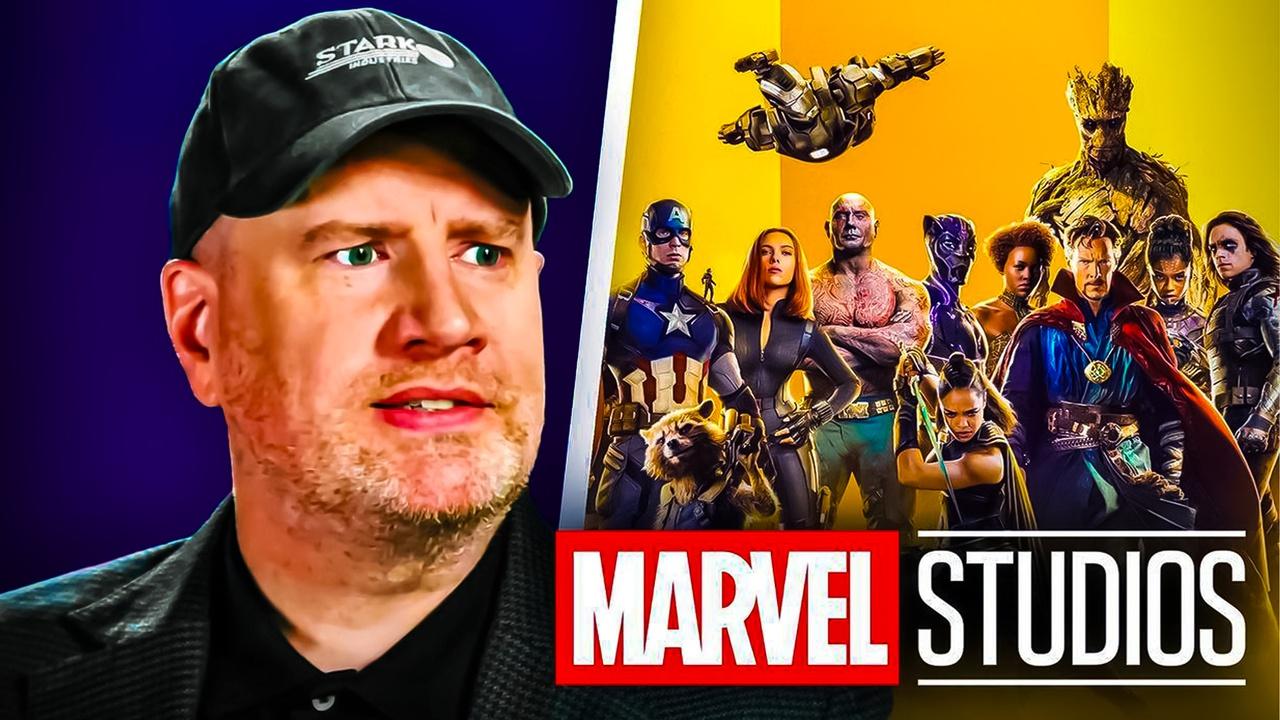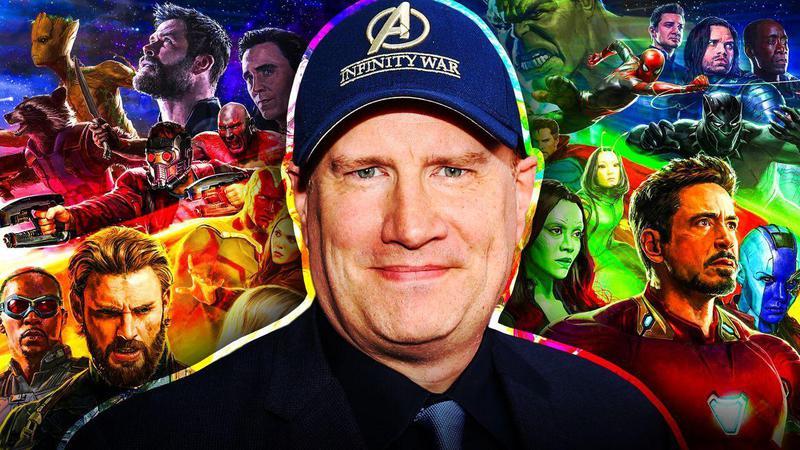
Marvel Studios President Kevin Feige explained himself for Marvel's recent slowdown of projects, and his argument makes a lot of sense. The MCU boss has been busy since 2008, but no years have seen the executive move quite like the last six (since Avengers: Endgame). Since the Infinity Saga ended, Marvel Studios has increased its output, adding streaming to its content equation and putting out more movies annually than ever before.
This, along with a changing theatrical and streaming environment, resulted in an over-saturation of the MCU product, leaving a large contingent of fans feeling what has been dubbed 'superhero fatigue.' Because of this sharp drop in interest in the genre, Feige and Marvel Studios reversed course, slowing down MCU output and being much more international with releases.
Speaking in a Q&A this summer, Feige addressed the pulling back at Marvel Studios, revealing it was, in fact, the 'too much, too fast' aspect of the post-pandemic MCU that resulted in the recent change in strategy.
"I do think a slowdown... is in order," the Marvel exec posited, explaining that the studio was "overly zealous" in releasing "double the amount of hours of stories in the last five years than we did in the previous 12 years:"
GamesRadar+: "There’s some consternation in the fandom that 'First Steps' is the last Marvel Studios film before 'Avengers: Doomsday.' What would be your response to those who say it’s too long to wait?"
Kevin Feige: "Well, 'Spidey' is next year. I don’t know. I mean, I know what the story of 'Avengers' is, so it feels like enough to me. You know, we’ve talked about the over-expansion before; of being overly zealous to tell double the amount of hours of stories in the last five years than we did in the previous 12 years. I do think a slowdown, which we’ve already started to do in TV, and are now doing in movies, is in order. I love the idea that there’s 'Fantastic Four' now, there’s 'Spider-Man: Brand New Day' and then there’s 'Avengers: Doomsday' a year from now and a year and a half from now. I think that’s okay. I think it’s okay to let people miss you in the theatres for a little while before coming back in a big way."
Post-Endgame, Marvel Studios picked up the pace of its releases, sometimes releasing as many as three movies in a year along with a handful of TV series. That mark has since changed, with the super-powered brand taking a more measured approach to its projects. That will be no better put on display than in the next year, when Marvel Studios will put out two theatrical movies (Spider-Man: Brand New Days and Avengers: Doomsday), two live-action streaming shows (Vision Quest and Daredevil: Born Again Season 2), and the Punisher Special Presentation.
Is Marvel Studios' Change of Pace a Good Thing?

Marvel Studios' last five years have long been a prominent topic of conversation among the MCU fandom.
The ramping up of output from the super-powered franchise coincided with the failure of the DCEU and changes in theater-going habits among the general populace. This led to a decline in overall sentiment surrounding the red brand and its interconnected universe. So, as Feige noted in his quotes above, slowing things down might be good.
This not only will make it seem as though there is less quote/unquote homework for fans to do for each new MCU title, but it will also give fans a chance to miss the series between titles, making it feel like an event when a new MCU movie finally does hit the big screen.
And that is what Marvel Studios needs heading into (perhaps) its most important year on record. 2026 is make or break for Marvel. It has two of its biggest names getting movies in the same 12-month period, Spider-Man and Avengers, and is doing so finally with some worthy competition as the DCU ramps up under James Gunn and Peter Safran.
If Marvel wants to get back on track and become the head honcho at the ticket window once again, then its more measured 2026 will be what lays the foundation for that comeback.












